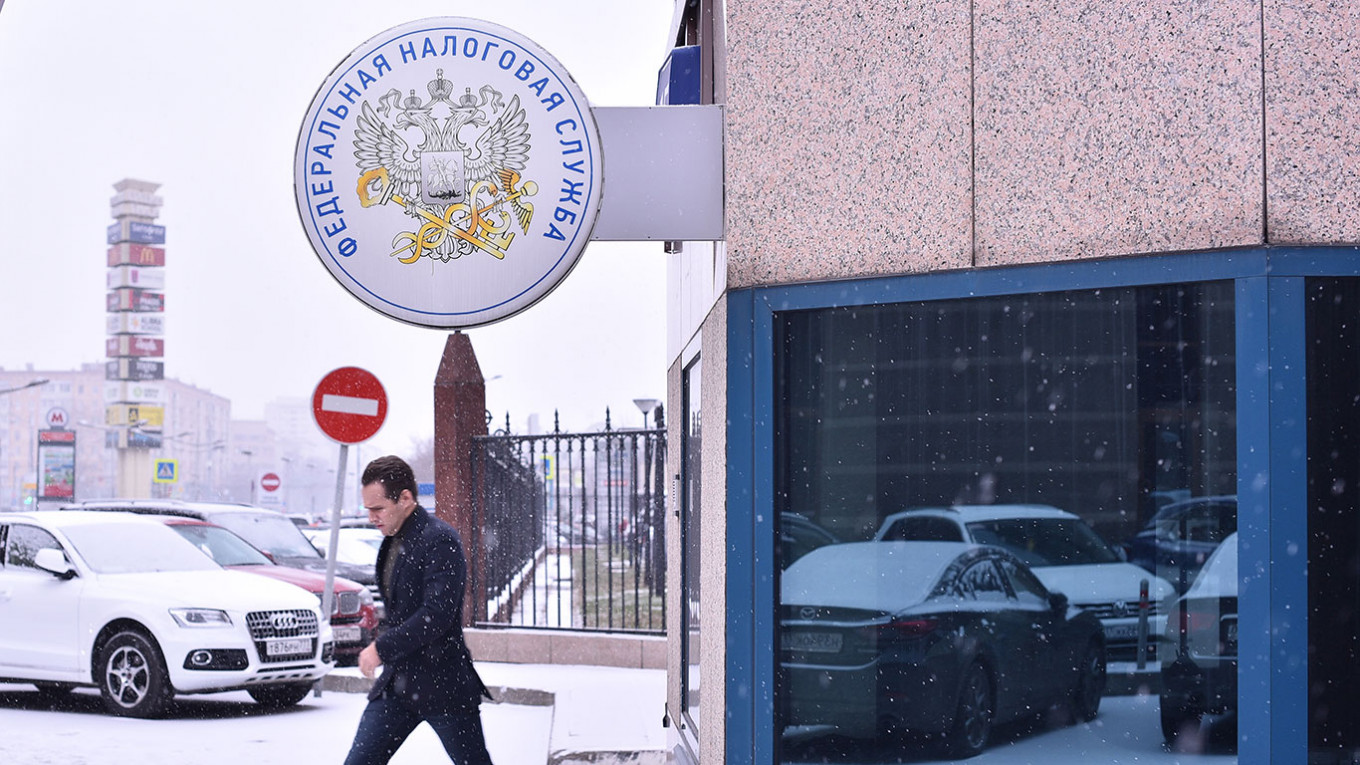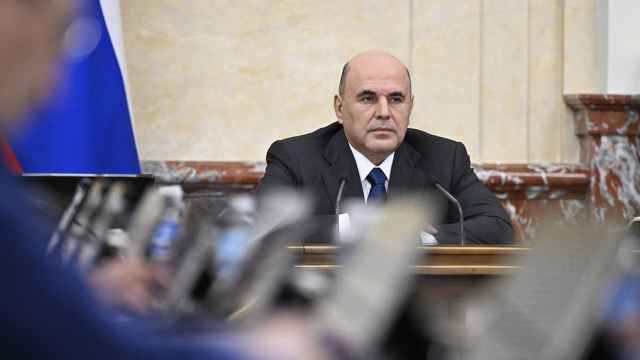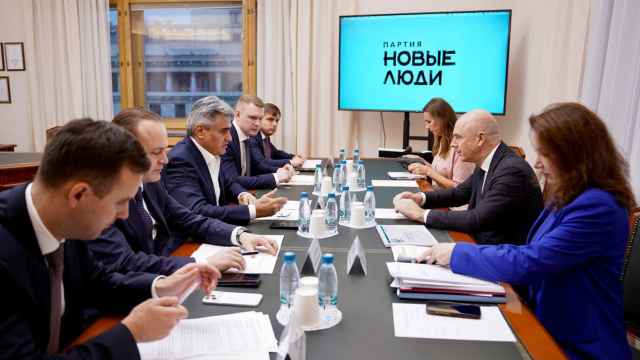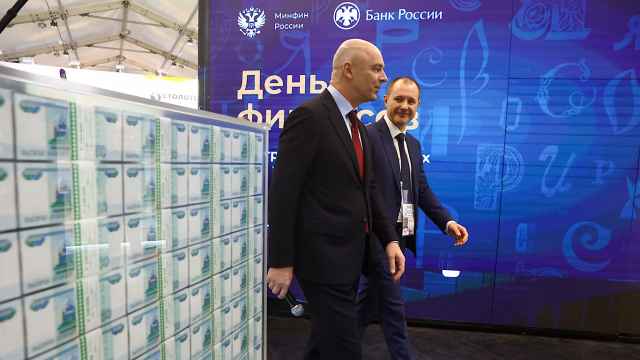The Russian government collected an extra 83 billion rubles ($1.1 billion) in the first year of a new tax on the country’s top earners, Russia’s RBC business site reported Thursday, citing data from the country’s federal tax service.
Russia introduced a new income tax levy on Russians’ earning more than 5 million rubles ($67,000) a year at the start of 2021 in a dramatic overhaul to its old so-called “flat tax” system. Under the new approach, all earnings over the threshold are taxed at a 15% rate, instead of the standard 13%.
The new system was controversial as Russia’s simple flat tax system — one of President Vladimir Putin’s first economic reforms introduced in 2001 — was seen as a crucial part of boosting tax revenues and discouraging Russians from hiding their incomes. However, Russia had become an outlier among major economies, most of which use a progressive tax scale with higher levies for higher earners, and rising inequality across the country made the move politically popular.
The tax take from the extra rate was 38% higher than the 60 billion rubles Russia’s Finance Ministry expected to collect — allaying concerns that the additional levy could push people to restructure or hide their earnings. When the new tax was introduced, Putin said extra incomes would be ring-fenced to provide social payments and programs for vulnerable groups and sick children.
Even with the new structure, Russia has one of the world’s lowest income tax rates. The Russian government is also not in need of extra revenues, with the government’s annual budget in surplus, and the Central Bank sitting on more than $600 billion in foreign currency reserves.
More than half the additional income was paid from earners based in Moscow, RBC reported. But some of the country’s poorest regions, such as Dagestan in the North Caucasus, were also among the areas that reported the highest extra tax revenues from the new levy.
A Message from The Moscow Times:
Dear readers,
We are facing unprecedented challenges. Russia's Prosecutor General's Office has designated The Moscow Times as an "undesirable" organization, criminalizing our work and putting our staff at risk of prosecution. This follows our earlier unjust labeling as a "foreign agent."
These actions are direct attempts to silence independent journalism in Russia. The authorities claim our work "discredits the decisions of the Russian leadership." We see things differently: we strive to provide accurate, unbiased reporting on Russia.
We, the journalists of The Moscow Times, refuse to be silenced. But to continue our work, we need your help.
Your support, no matter how small, makes a world of difference. If you can, please support us monthly starting from just $2. It's quick to set up, and every contribution makes a significant impact.
By supporting The Moscow Times, you're defending open, independent journalism in the face of repression. Thank you for standing with us.
Remind me later.






